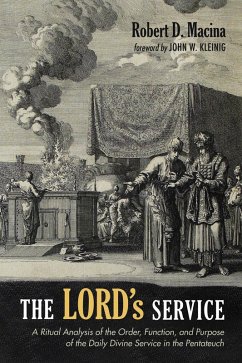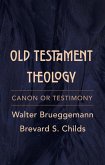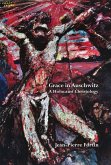Here, Stephen Finlan surveys psychological theories that help us to understand beliefs about sacrifice and atonement and what they may reveal about patterns of injury, guilt, shame, and appeasement. Early chapters examine the language in both testaments of purity and the "scapegoat," and of payment, obligation, reciprocity, and redemption. Later chapters review theories of the origins of atonement thinking in fear and traumatic childhood experience, in ambivalent or avoidant attachment to the parents, and in "poisonous pedagogy." The theories of Sandor Rado, Mary Ainsworth, Erik Erikson, and Alice Miller are examined, then Finlan draws conclusions about the moral responsibility of appropriating or rejecting atonement metapors and their effects today.
Dieser Download kann aus rechtlichen Gründen nur mit Rechnungsadresse in A, B, BG, CY, CZ, D, DK, EW, E, FIN, F, GR, HR, H, IRL, I, LT, L, LR, M, NL, PL, P, R, S, SLO, SK ausgeliefert werden.









